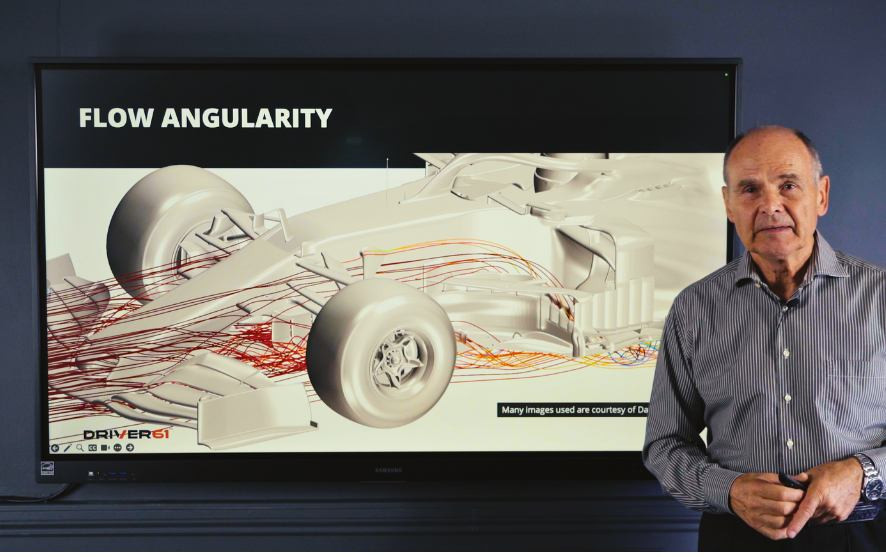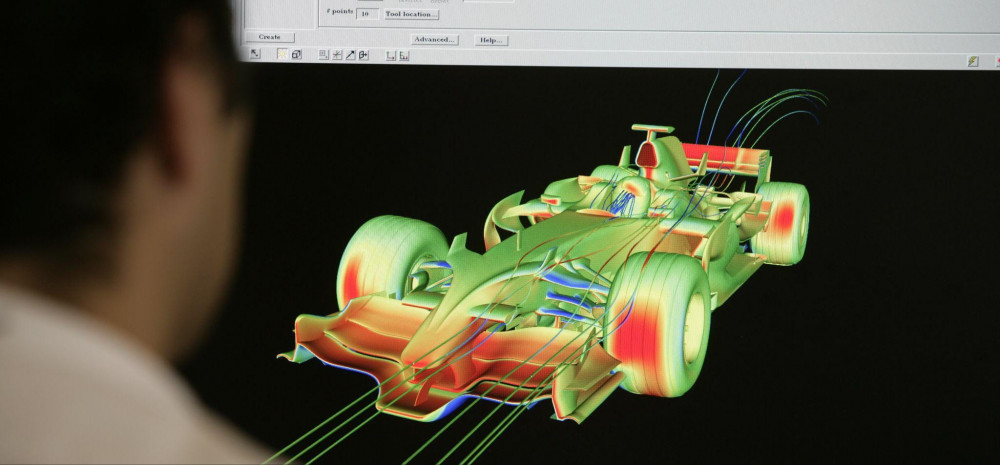All images: © Indycar.com unless otherwise stated
Much like Formula 1, IndyCar teams tend to be almost silent about salary information, particularly when it comes to frontline racing positions.
This is especially true for the engineering roles that are crucial to in-season car development and outright race performance.

Whilst American motorsport might be perceived as more transparent than its European counterpart, the reality is that the top teams are equally protective of their wage structures.
Nevertheless, we've managed to piece together our best attempt at a picture of IndyCar salaries. I’ll explain the methodology below but here’s the data first:
Engineering Roles and Salary Stats
Indycar Race Engineer Range: $125,000 - $300,000
It's worth noting that the very best (top / lead) race engineers in IndyCar can command salaries north of half a million dollars.
These positions typically go to individuals with a proven track record of race victories and championship wins, and they probably earn the majority of their income on a results basis.
Vehicle Dynamics/Performance Engineer Range: $67,000 - $134,000
The vehicle dynamics engineer takes driver feedback and lap telemetry to improve the overall grip and balance of the car. Assuming the car has a good baseline setup, the marginal improvements a vehicle dynamics engineer is pursuing can sometimes be measured down to the hundredths of a second.
Data Engineer Range: $65,000 - $80,000
Data Engineers manage all aspects of data output, collection and analysis from the raw telemetry output from the data logger onwards. Indycars produce hundreds of channels of real-time sensor data to provide the information the race engineers need for decision making.

Technical Staff and Mechanics
At the heart of every IndyCar operation is a skilled technical team led by the Chief Mechanic who manages the entire mechanical operation and shoulders responsibility for both car reliability and crew performance.
Supporting the chief mechanic's role is a carefully structured team of specialists, including:
Chief Mechanic Range: $75,000 - $90,000
Specialist Mechanics and General Mechanics
Gearbox Specialist: $60,000 - $80,000
General Mechanic: $56,000 - $89,000
Wiring Technician: $42,000 - $63,000
Damper Technician: $35,000 - $65,000
Trackside Support
Team Managers coordinate the entire trackside operation, managing everything from logistics to race strategy, whilst Trackside IT Technicians ensure the network data between car and the data / race engineers remains uninterrupted.
Professional Truck Drivers are far more than transporters - they're responsible for millions in equipment and often double as skilled pit crew members. The Pit Crew themselves represent some of motorsport's most pressure-tested professionals, where split-second decisions during pit stops can make or break a race strategy.
IT Technician (Trackside): $48,000 - $66,000
Truck Driver: $50,000 - $60,000
Pit Crew Member: $35,000 - $53,000

Methodology and Data Sources
Like Formula One, Indycar team salary information is very difficult to come by. Robin Miller’s Indycar: the cost of doing business article offers a comparative analysis on salaries between 1994 and 2001.
We found some salary survey data from employees of the major Indycar teams on Glassdoor. Arrow McLaren are transparent about salaried roles that are considered “support”. While cumulative inflation is some 16% in the US since 2021, our 2024 figures have not taken inflation into account.
Indycar is quite different to F1 in that the “lower end” of the paddock might be a family run team running on a shoestring budget. On that note, salary ranges (if the work is paid at all in the small teams) varies significantly. So, we've provided the full spread to give a realistic picture of the market.
Breaking into IndyCar Engineering
As with all high competition Motorsport, the route to entry has changed a lot since Michael Cannon's early days in motorsport. Whilst Cannon acknowledges that his route of "tinkering with race cars" before formal education might not exist today, his experienced advice remains invaluable for aspiring motorsport engineers.

Image: Micheal Cannon (A. J. Foyt)
Educational Foundation
Modern IndyCar engineering roles typically require a bachelor's degree in mechanical, electrical, or computer engineering.
The job listings consistently show that even entry-level positions demand formal qualifications, with starting salaries ranging from $47,000 to $125,000. However, the degree is just your entry ticket – as Micheal puts it, “They [graduates] come out of school so bright, all they lack is experience”.
Building Experience in Indycar
Cannon's key insights for career development align remarkably well with current team requirements:
1. Start Where You Can
Entry-level positions, whether as a Data Engineer ($65,000-$80,000) or Test Engineering Technician ($51,000-$72,000), provide crucial foundations. These roles offer exposure to the technical aspects whilst learning from experienced engineers.
2. Embrace Learning from All Sources
"If you're smart, you learn from them all," Cannon advises. This mindset is particularly relevant in modern IndyCar teams, where positions like Vehicle Dynamics Engineer ($88,000-$134,000) require collaboration across multiple disciplines.
3. Check Your Ego
Cannon's advice to "bury your ego and embrace the next generation" is particularly pertinent. Today's top-level Race Engineer positions ($125,000-$300,000) require not just technical expertise but the ability to work within complex team structures.




